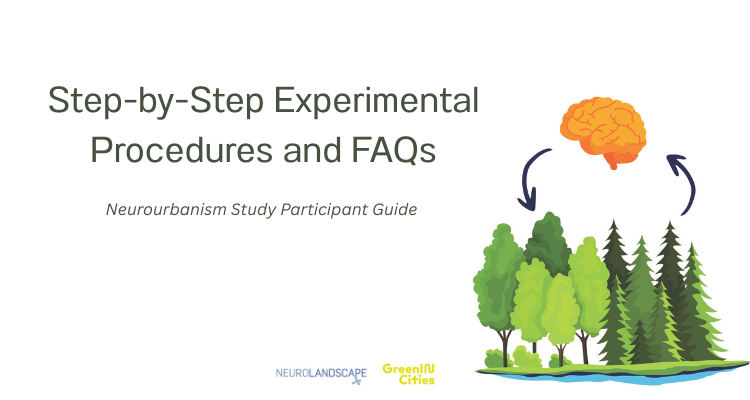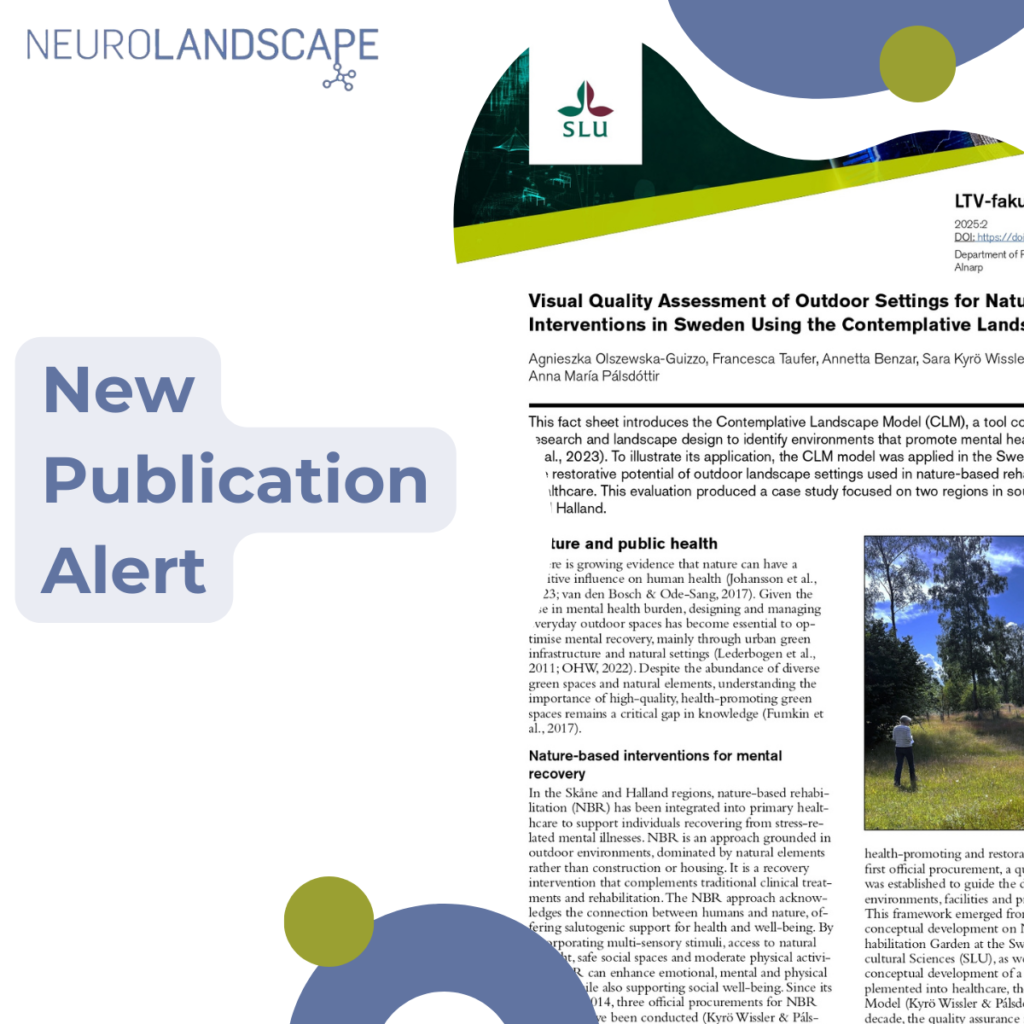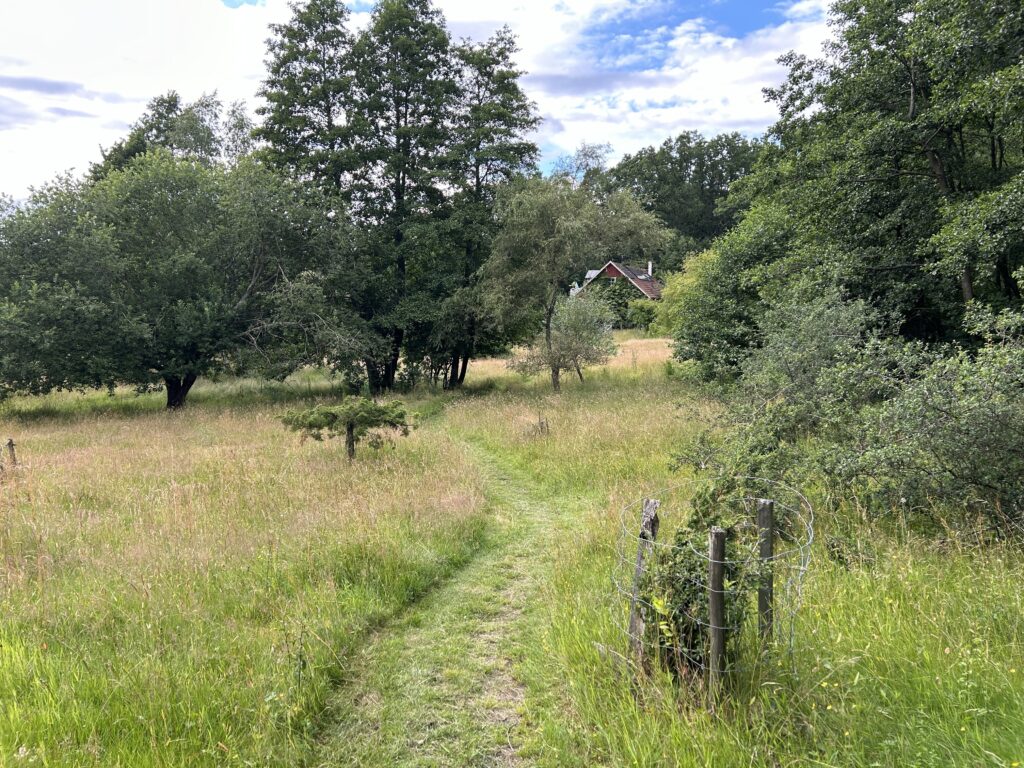A LinkedIn Live Online Roundtable This World Health Day 2025, join us for a powerful round-table conversation about women’s mental health, safety, and the role of nature in wellbeing. Women face unique challenges when it comes to mental health, especially in motherhood and other vulnerable life stages. Research has shown time and time again that Read More
Tag: nature-based solutions (NBS)
Neurourbanism Assessment Step-by-Step Guide & FAQ
In the Neurourbanism study, we are measuring brain activity before and after what we call a “Nature-based Intervention” at specific sites. We have selected your neighbourhood as one of our study sites. We will collect data in two phases: first, before the intervention (in 2025), and then after (in 2027). Both times, we will be following Read More
How Urban Design Can Impact Mental Health & Well-being
Our cities are often designed with function in mind. We build parks for exercise, wider sidewalks for pedestrians, and bike lanes for commuters. While we have made progress towards building healthier bodies, we have overlooked the equally important mental well-being. Urban design has a powerful influence on the quality of its citizens’ life, especially mental Read More
Building Back Differently: The Role of CLM in Public Health Promotion through Nature-based Solutions
“The future of humanity is undoubtedly urban,” warns the UN-Habitat in their World Cities Report (2022), urging public health policies to address the growing health risks associated with urban expansion. Urban environments — characterized by traffic, pollution, noise, and overcrowding — not only create fertile ground for physical health issues but also place a significant Read More
GreenInCities project: Reshaping Urban Well-Being through Nature-Based Solutions
The GreenInCities project tackles the challenge of bringing nature-based solutions to deprived urban areas to improve mental well-being. Learn how NeuroLandscape is contributing with innovative assessment methods. As urban areas expand and crowding surges, accessing green spaces has become increasingly challenging. The issue goes beyond aesthetics; studies consistently link access to nature with improved mental Read More






